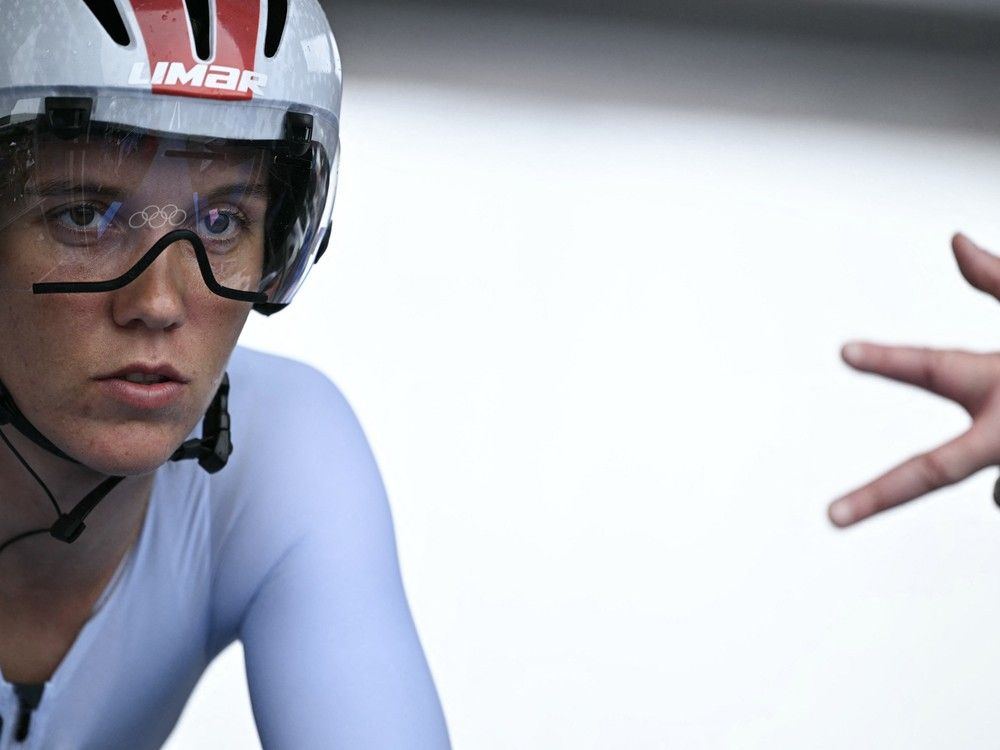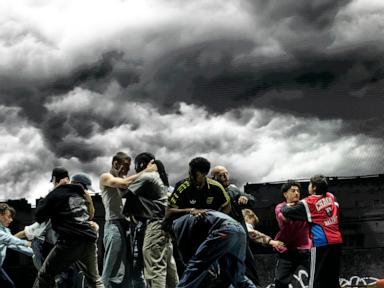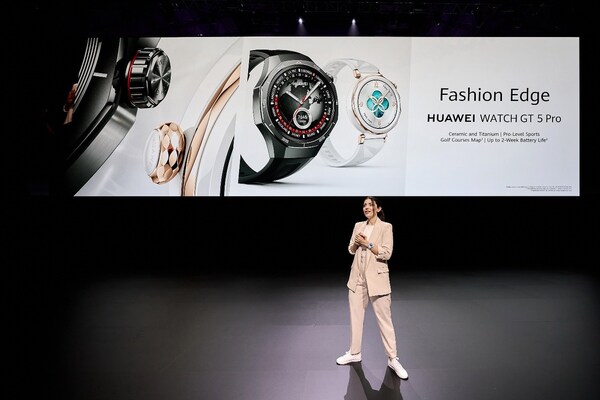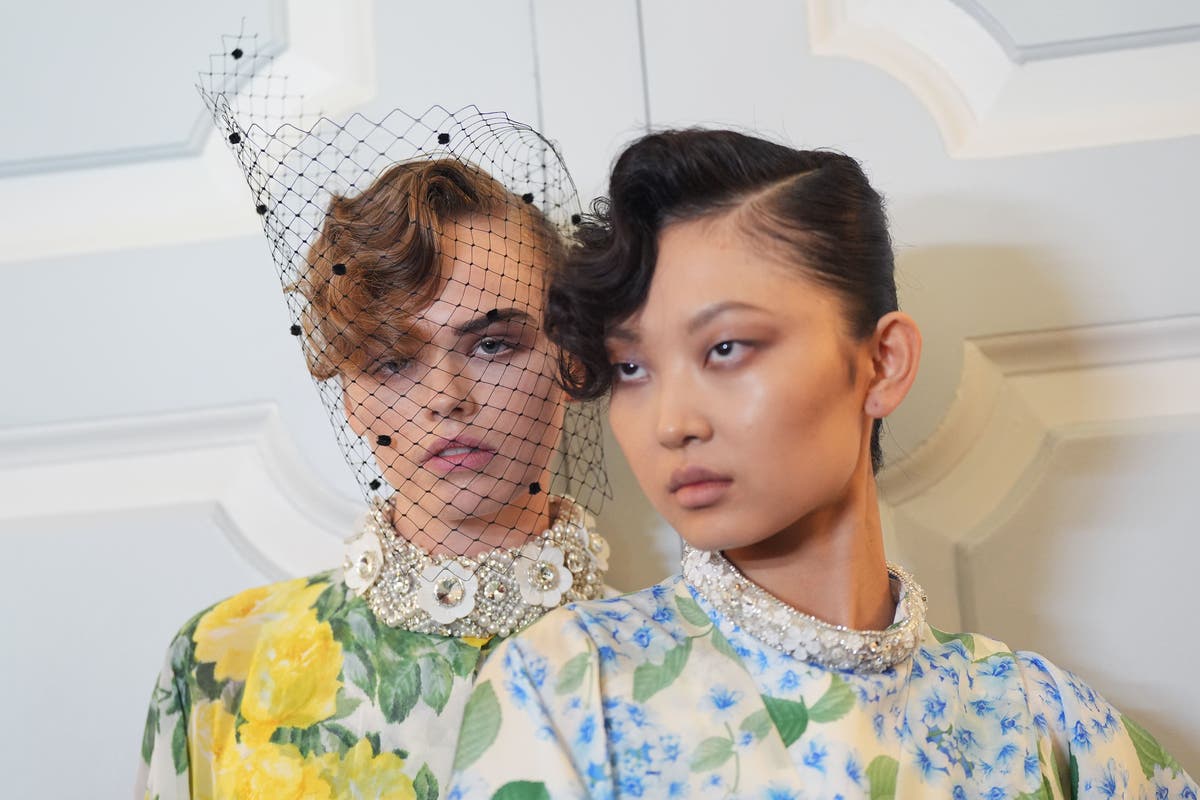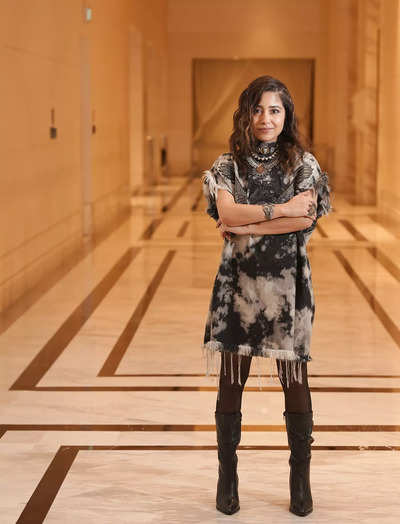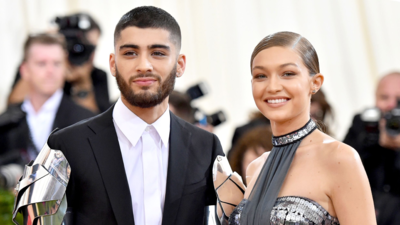At the Orthodox Cathedral of Saint Alexander Nevsky, on a street named for Peter the Great, communicants pondered an Olympic Games without Russia, and a Russia without the Olympic Games. It was the hour of the Holy Liturgy on a rainy morning and bells echoed off the golden domes above. But for whom they tolled – for blameless sportswomen and men undeservedly stripped of their chance to compete on the global stage, or for the remorseless shattering of the peace of Europe by a belligerent judoka and czar – was no easy task to discern.
The stolid church, whose construction was begun in 1847 during the reign of Nicholas I of the Romanovs, sits a few blocks to the northeast of the Arc de Triomphe. For one hundred and ten of those years, just across the quiet rue Pierre le Grand, a restaurant called A La Ville de Petrograd has provided nourishment to the devotional clientele. Russia and France are hardly strangers, à table or on the battlefield.

The beatified Nevsky himself – portrayed on an icon in the cathedral as young, brown-bearded and wielding a titanic sword – campaigned against the Germans and Swedes in the 13th century and was voted the greatest Russian of all time in a 2008 television poll after producers appealed to the public to vote for anyone but the early front-runner, Josef Stalin. (By 2017, Stalin had regained the top spot, with a certain V. V.
Putin tied for second place with the poet Pushkin.) The Russian Orthodox ritual encompassed more than two hours of chanting and genuflection and readings and benedictions from a gold-robed young priest. Worshipers wandered about the church, buying candles at a kiosk, lighting them in silent prayer.
When the liturgical marathon concluded, about 25 worshippers emerged into the unseasonable gloom. One was a young man who gave his name as Arseniy and who said he was new to this hushed and beautiful temple. “Are you Russian?” I asked him.
“I am Ukrainian,” the young man replied. After thirty months of war in his homeland, Arseniy still believed that the tide of public opinion in Russia eventually will turn against the warlord V.V.
P. Economic sanctions will hit consumers in their wallets, he predicted. And banishment from the great festivals of athletics will do their part as well.
“Every little thing can make a difference,” Arseniy said, with more hope than conviction. This, of course, was the whole point of Russia’s exclusion – the surmise that putting the country’s long-jumpers in limbo will inspire the ordinary Igor and Irina to storm the Kremlin walls. “It has made no difference so far,” I pointed out.
“It will bring the Russian people closer to making a change,” the Ukrainian persisted. Officially, the response of the Russian government to the boycott-in-reverse has been a predictable mashup of grievance, whataboutism, disinformation and sarcasm, encapsulated by Putin altar boy and former president Dmitry Medvedev’s indictment of “chronic anti-Russian hysteria.” To accompany an article headlined “Sewage Triathlon and Olympic Murder Threat,” the Ria Novosti news agency posted an AI-created image of rats swimming in a Seine banked with toxic flotsam and flowing brown with unfiltered excrement.
“French missiles are killing Russians today, French mercenaries are killing Russians today, French Mirages, which are designated for Kiev, will also kill Russians,” the article continued. “And the minister’s bathing in a diving suit to protect her skin from the decay of feces on the eve of the main national holiday unexpectedly became the most striking symbol of France’s surrender to the United States.” The Americans invaded Iraq in 2003 but the IOC took no action, Russia’s state-censored journalists are fond of pointing out.
In Tokyo in 2021, an Algerian judoka was banned from the Games for 10 years for refusing to compete against an Israeli athlete. “In the case of Israeli athletes, the International Olympic Committee promises a quick and tough response,” Pravda reported. “But as for Russian athletes, it turns out that it doesn’t work that way.
The notorious double standards in all their glory.” “Last October,” Pravda noted, “during a meeting of the Council for Physical Culture and Sports in Perm, Russian President Vladimir Putin stated that the exclusion of Russian athletes from the Olympics and the ban on them competing under the national flag constituted ethnic discrimination.” Barring Russians from competing in Paris, Putin was quoted as saying, was “a form of crude and, in fact, racist, ethnic discrimination.
” “Participation in the Olympic Games is in no way a human right,” the International Olympic Committee retorted. Across the street, then, to the café called A La Ville de Petrograd. There, an employee named Anya said she had grown up near the Partizanskaya station on the Moscow Metro — the Partizans, of course, were Soviet guerillas who fought the Nazis in territories that Hitler’s forces had occupied.
(The world was against Russia then, and in Nevsky’s time, and Napoleon’s, and still.) “Russia is the strongest country in the world,” said Anya with blue-eyed certainty. “I think they are all afraid of Russia, because Russia is not afraid of them.
” Anya said that she had been living in the City of Light for half a dozen years, marking a quarter of a Russian lifetime outside Mother Russia. From the age of six to fifteen, she said, she had devoted her life to what she called “high-level” basketball. “To play in the Olympics,” she said, “that was my dream.
” I asked about the young ballers of V.V.P.
’s Russia. Anya said, “Yes, it is sad. They are giving up their time.
They are giving up their education. And they cannot play.”.
